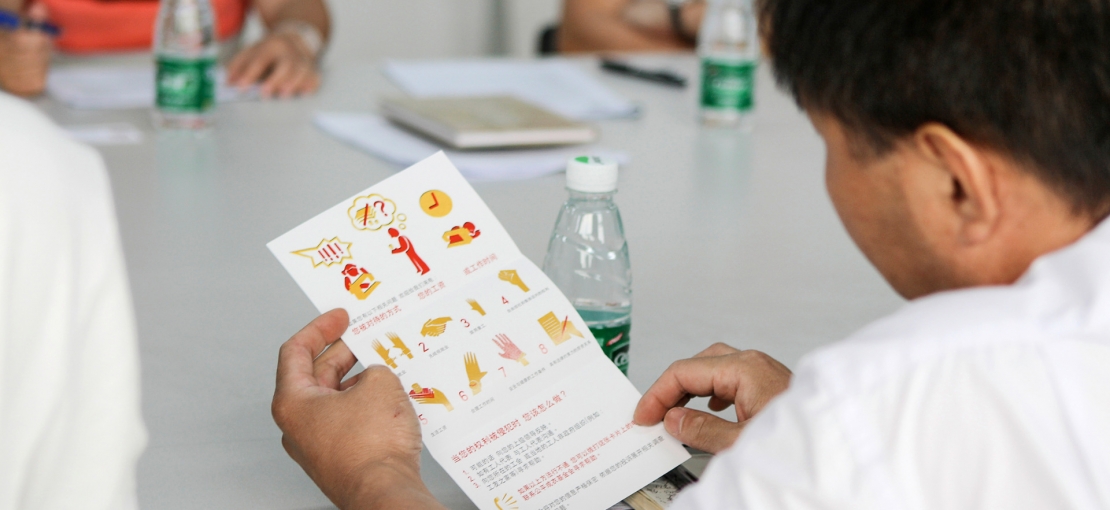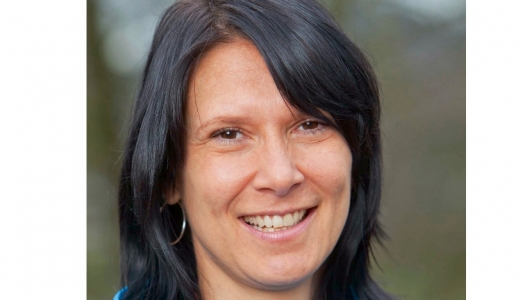In general, the risk of poor and inhumane working conditions in the textile industry is very high, especially in non-European countries.
In our major production centers in China and Vietnam, the textile and clothing industry plays an important role and is one of the largest export sectors. This creates an abundance of jobs.
At the same time, the sewing textile industry is very labor intensive. Additional price pressure from the outside, for example, from competition with developing countries such as Bangladesh and Cambodia, increases the risk that workers will be exploited through excessive working hours, low wages and pay, and neglect of occupational safety and health issues.
Forced labor and child labor are problems that are commonly associated with the textile and clothing industry. However, this is generally not the case in the manufacturing of outdoor gear due to the high technical and complex manufacturing processes required.
VAUDE generally maintains long-standing relationships with its producers which we are always working to improve. Frequently changing producers in order to achieve lower prices does not correspond with our company philosophy. Our collaboration with our partners focuses on working conditions which we continuously monitor and improve. In all Fair Wear Foundation (FWF) audits, the producers are reviewed both in terms of labor practices as well as in terms of respect for human rights.
In 2014, producers had their first audit in the following countries: six facilities in Vietnam, seven in China, as well as one each in Myanmar and in Turkey. These have a combined share of 19 percent of the total expenditure for VAUDE products.
In addition in 2014, we audited a total of five production sites for the first time before we had running productions there. Some of our partners have expanded and built new, additional production facilities. Thanks to our strategy, we were able to audit these even before they started the production for us. In this way we were able to get meaningful data earlier and, together with our partners, take necessary measures.
If we need new producers for strategic reasons, we have a guide and a system for evaluating potential new producers. Audits such as the FWF audits cannot be implemented as a pre-test, but the FWF does have a checklist for supplier evaluation, which we have integrated into our own checklist.
We use these FWF checklists along with our own checklist when we visit and evaluate a new producer’s production facilities for the first time.
The FWF Checklist includes the following points:
- Complete inspection of the organization from inventory to finished products
- Quality assurance system
- Communication flow
- Social compliance (existing audits)
- existing management systems
- Health and safety aspects
During the reporting period, we established collaboration with two new production facilities. These were not entire new producers, however, but rather two of our long-term partners who have expanded thus expanding their collaboration with us.






